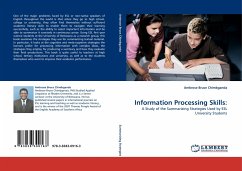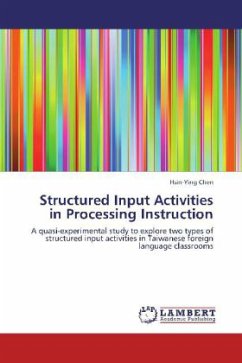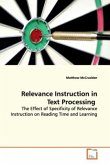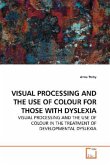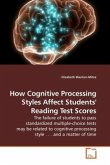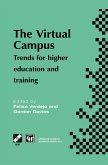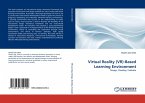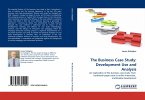One of the major problems faced by ESL or non-native speakers of English throughout the world is that when they go to high school, college or university, they often find themselves without sufficient academic literacy skills to enable them to navigate their learning successfully, such as the ability to select important information and be able to summarize it concisely in continuous prose. Using ESL first year science students at the University of Botswana as a research group, this book examines the strategies they use for summarizing textual material. In particular, it looks at the cognitive and meta-cognitive strategies the learners prefer for processing information with complex ideas, the strategies they employ for producing a summary and how they evaluate their final productions. This book is quite useful to teachers at high school, tertiary institutions and university, as well as to the students themselves who want to improve their academic performance.
Bitte wählen Sie Ihr Anliegen aus.
Rechnungen
Retourenschein anfordern
Bestellstatus
Storno

